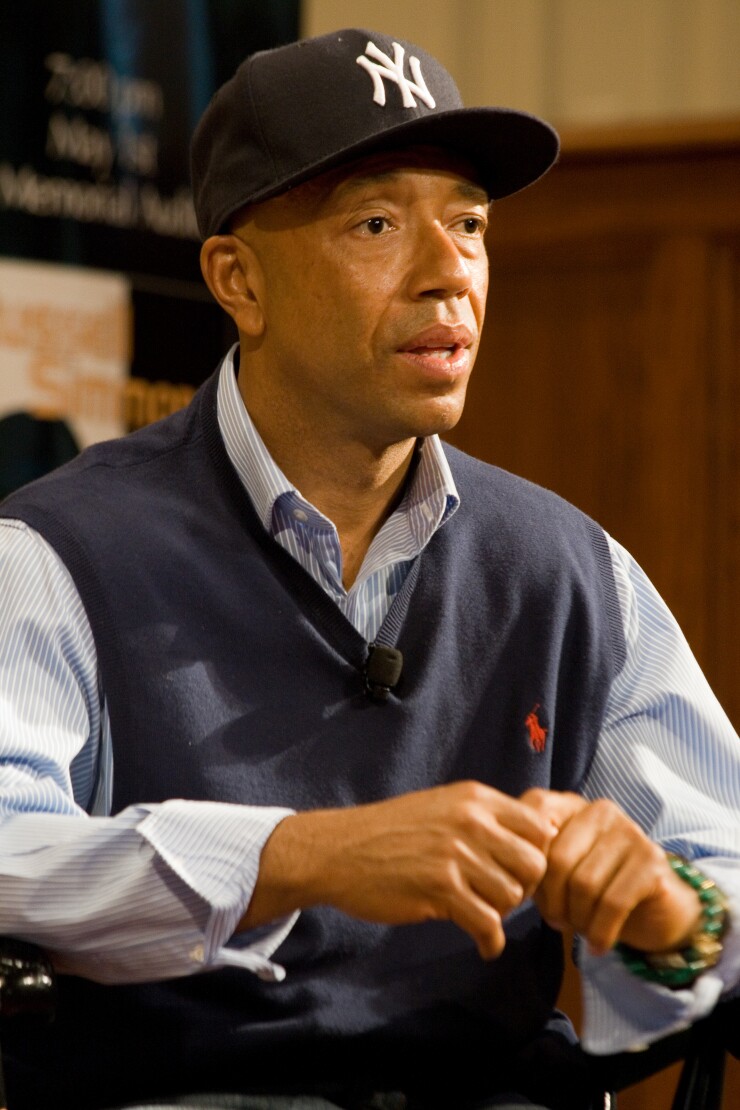The Consumer Financial Protection Bureau on Wednesday ordered Mastercard and the prepaid debit card company UniRush to pay $13 million in restitution and fines for a service breakdown in October 2015 that left thousands of customers without access to their accounts.
The CFPB alleged that Mastercard and UniRush engaged in "unfair acts or practices" by failing to conduct adequate testing and preparation for a switchover of the Rush prepaid card program to Mastercard's payment processing platform starting on Oct. 10, 2015.
Large numbers of consumers were unable to take out cash, make purchases, pay bills or access direct deposit because of the conversion failures, the bureau said.
“Mastercard and UniRush’s failures cut off tens of thousands of vulnerable consumers from their own money, and threw some into a personal financial crisis,” CFPB Director Richard Cordray said in a press release. “The companies must set things right for consumers and make sure such devastating service disruptions are not repeated.”
UniRush, which was founded by the hip-hop mogul Russell Simmons,

"In the event that there is a regulatory finding and resulting financial obligation to UniRush LLC stemming from the 2015 RushCard processing incident, such regulatory resolution and the associated financial obligation will belong to the seller with such obligation expected to be fully resolved prior to closing," GreenDot said in a press release. "Lastly, Green Dot will be indemnified through a cash escrow reserve, funded by the seller, in respect of the acquired company's prior operations."
Mastercard spokesman Seth Eisen said the company was pleased to bring the matter to a close.
"Today’s agreement with the CFPB provides RushCard customers adversely affected by the October 2015 event with an opportunity to be further compensated for inconveniences caused during the service disruption," Eisen said.
The CFPB had
UniRush delayed crediting cash deposits to consumers' accounts, shut off access to certain funds, and did not issue working replacement cards to consumers whose cards were lost of stolen during the conversion period, the agency said.
In all, roughly 45,000 consumers had their direct deposits delayed, and 2,000 consumers had deposits returned or not processed at all. Meanwhile, Mastercard incorrectly suspended about 1,110 consumer accounts.
In some cases, UniRush erroneously double-posted deposits and did not promptly process debit transactions, which falsely inflated the account balances of some RushCard holders. As a result, thousands of consumers spent more money than was loaded on their RushCards, the CFPB said, and UniRush used funds consumers subsequently loaded onto their cards to offset negative balances caused by processing errors.
Further, Mastercard declined to authorize some transactions and did not make sure it was sending accurate information to UniRush about consumers' account balances, the CFPB said. Because of this, some consumers received inaccurate information stating their balances were zero when they actually still had funds stored on their cards.
The CFPB said UniRush did not have an adequate plan to increase customer service to meet the demand caused by the disruptions. After hiring more staff, UniRush failed to train customer service agents to meet the surge in demand. Many consumers waited for hours on hold and could not obtain information about the status of their accounts funds, the CFPB said.
At the time of the conversion in 2015, RushCard had roughly 650,000 active users, with 270,000 consumers that used their RushCard for direct deposit, the CFPB said.
Mastercard and UniRush will pay roughly $10 million in restitution to harmed customers and combined $3 million civil money penalty.





